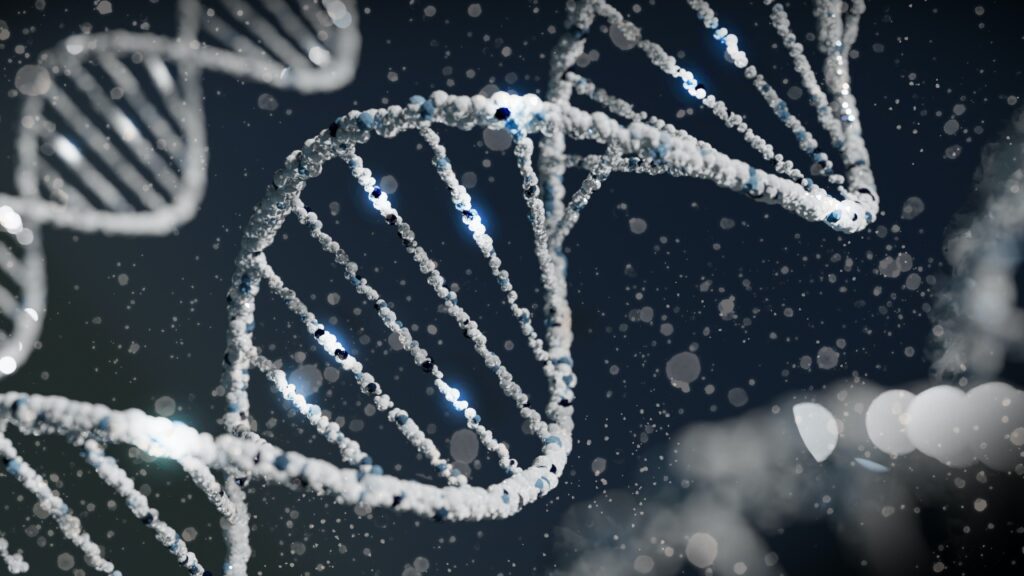Is Genetic Counselling Important Before BRCA Gene Testing?

Cancer is among the most common genetic diseases. Changes drive the transition of average cell growth to an uncontrollable tumour to the gene’s DNA, known as gene mutations.
Gene mutations are inherited. It means these changes can be passed down from parent to children (generation to generation). If you have a family history of gene mutations or your relative has a history of cancer, it’s essential to consider BRCA gene testing. It’s a sample test where a doctor takes a sample of your blood, saliva, or tissue to identify any mutation in your gene.
If you want to go for the BRCA gene test but are unsure where to begin, this article can help you. This article features every necessary step you should take before going for the BRCA gene test.
What is BRCA Gene Test?
A Gene test is a medical examination to identify changes or abnormalities in the three parts of DNA: genes, proteins, and chromosomes. The result of the genetic test shows the condition of the gene to determine whether there is any risk or chance of passing down or developing any genetic disorder, especially cancer.
Is it Necessary to Talk to a Genetic Counselor before BRCA Test?
Going for genetic counselling is a great choice. A doctor specialised in the genetic study will help you understand how inherited genetic mutation can affect you or your family.
Their approach can help you get educated about the risk of genetic mutations, testing techniques, diagnoses, and risk assessments.
An hour professional session with a genetic counsellor will be focused on the following;
- Educate the individual or the family about genetic mutations and disorders related to it
- Identify the genetic mutation
- Increase the family member’s understanding of gene mutation and its risks.
- Develop a risk assessment and preventative cancer plan
- Address the benefit of getting a BRCA test
Before you go for the BRCA gene testing, it is wise to get professional advice from a genetic counsellor. A genetic counsellor will be a reliable source of information about genetic mutations and disorders related to your genes.

How to Know If You Should Get the BRCA Gene Test?
The BRCA1 and BRCA2 genes play an important role in DNA repair. These genes regulate the normal growth of cells in the breast, ovary, prostate, etc. Any change in the BRCA1 and BRCA2 genes can result in uncontrollable growth of cells, leading to a high chance of developing breast, ovarian, prostrate, and other cancers.
However, BRCA genes are inherited. It means they are only passed down from generation to generation. So, not everyone has to go for a BRCA gene test. You should go for testing if you have:
- Personal medical history of any cancer, especially if you are diagnosed with cancer before the age of 50.
- Any blood relative diagnosed with BRCA gene mutation.
- A family medical history of relatives diagnosed with cancer predisposition disorders, including Fanconi anaemia, Cowden syndrome, Puuetz-Jeghers syndrome, or colon cancer.
- One or more family relatives diagnosed with breast, ovarian, or prostate cancer.
- If you have the ancestry of Ashkenazi Jewish.
Final Words
Being diagnosed with a gene mutation is a difficult thing to process. There are a lot of things that come with this. A genetic counsellor can help you devise a plan for risk assessment and preventative procedures.
Genetic counselling is an integral part of health management. It can help you understand how your genes and other medical conditions run from one family member to another and how it can affect your health.

Ryan is a journalist specializing in India’s economic landscape, covering topics like business trends, innovation, and the growth of small and medium enterprises.